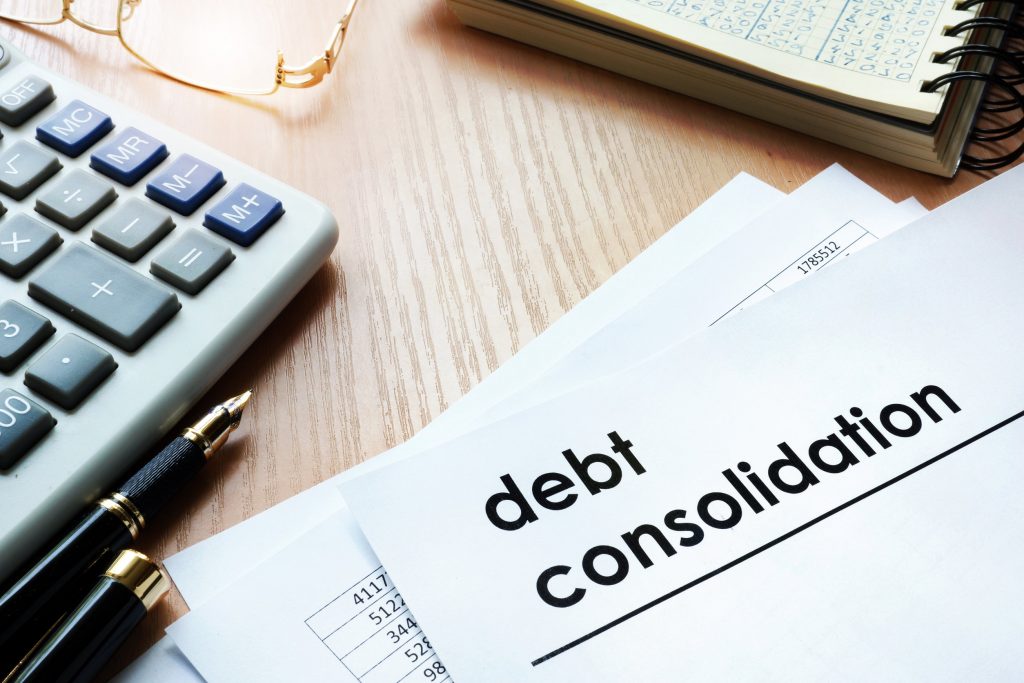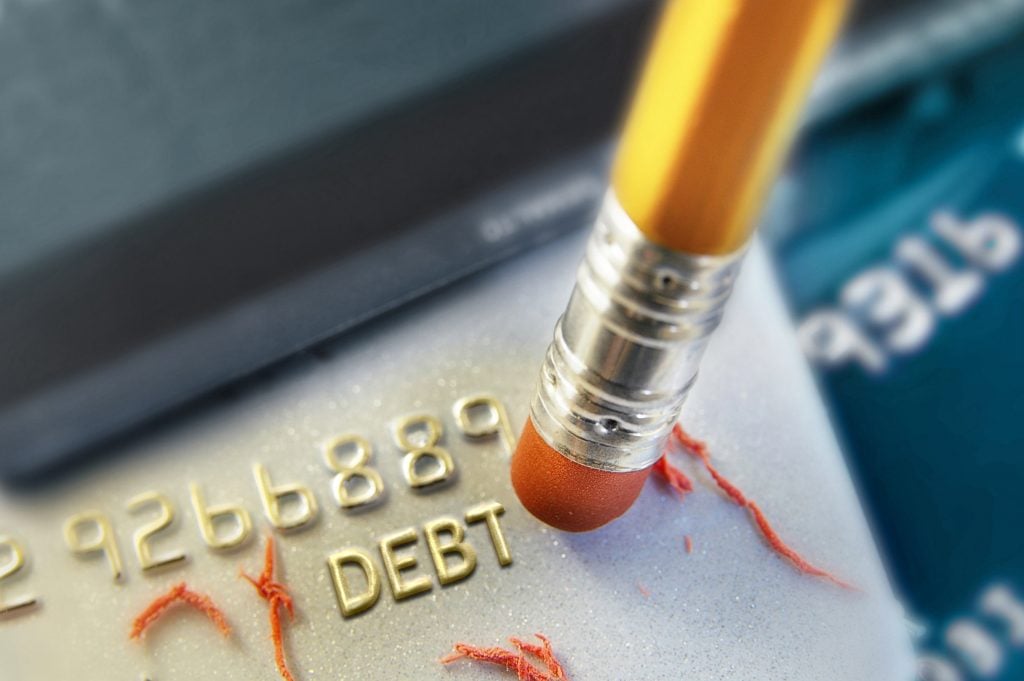Debt Consolidation vs. Bankruptcy: Which Is Better?
Bankruptcy or debt consolidation can both be valuable tools in managing or eliminating your debt in Arizona. One method is not inherently better than the other, but the way in which they’ll affect your finances and lifestyle can vary considerably. Before choosing between debt consolidation vs. bankruptcy, it’s crucial that you have a solid grasp of what each process entails and how their outcomes and consequences may differ.
The Arizona bankruptcy lawyers at Lerner and Rowe Law Group have nearly 40 years of combined experience practicing bankruptcy law and helping consumers complete the Chapter 7 and Chapter 13 bankruptcy process. Learn more about the pros and cons of filing for bankruptcy or obtaining a debt consolidation loan below.
What Is Debt Consolidation?
Debt consolidation usually refers to debt consolidation loans, a type of loan issued by a bank, credit union, or online lender. These loans combine all your previous debt into one new loan with a lower interest rate. Many forms of debt can be consolidated into a new loan, including:
- Credit card debt
- Medical debt
- Payday loans
- Personal loans
- Student loans
- Tax debts
- Other forms of unsecured debt
This allows you to make one smaller monthly payment that chips away at your principal balance instead of being stuck in a loop of only paying off accruing interest.
Debt Consolidation Pros and Cons
Pros
- Reduces your creditors to one and ensures that you can afford your monthly payments
- Lowers your interest rates on existing debt
- Maintains your access to credit and even improves your credit score over time
- Protects your privacy since debt consolidation is not public record
Cons
- Does not actually reduce the amount of debt you owe
- Lower interest rates may require securing the loan with assets like home equity, putting you at risk of losing your home if you default
- May have more stringent credit score requirements, making it inaccessible to those with bad credit
- May cost you more than bankruptcy in the long run
What Is Bankruptcy?
Bankruptcy is a legal process which allows consumers or businesses to discharge or restructure their debts. There are two major kinds of consumer bankruptcies: Chapter 7 or Chapter 13. Chapter 7 bankruptcy deals mostly with discharging debt by liquidating your assets, often involving surrendering property such as your home or car.
On the other hand, Chapter 13 bankruptcy focuses on helping you retain your assets while restructuring your existing debts. Typically, the court will approve a debt repayment plan spanning three to five years. If, after this repayment period, you have successfully made all required payments, the rest of your debt may then be discharged by a judge.
Bankruptcy Pros and Cons
Pros
- Provides immediate protection from creditors and wage garnishment
- Boosts your credit score in the long run and reestablishes your creditworthiness
- Can help you avoid repossession (Chapter 13)
- Eliminates unsecured debts
Cons
- Not everyone qualifies for Chapter 7 bankruptcy
- Negatively impacts your credit score in the short-term
- May require surrendering your home or car (Chapter 7)
- Stays on your credit report for 7 to 10 years
Debt Consolidation vs. Bankruptcy: How Do I Choose?
When it comes down to it, choosing debt consolidation vs. bankruptcy is as much about your goals for the future as it is about your current financial circumstances. Let’s take a look at some examples:
- You have a steady stream of credit card debt and other unsecured debts, and are being hounded by debt collectors day in and day out. Your goal for the future is to eradicate as much debt as possible and get that “fresh start” feeling as soon as possible. In this case, Chapter 7 bankruptcy could be your best option, so long as you don’t make too much money to pass the means test and don’t have many assets.
- You’ve fallen behind on your monthly mortgage payments due to past financial troubles and old debts. Saving your home from foreclosure is your top priority, and you have the income to pay back your mortgage arrears, given enough time to catch up. Chapter 13 bankruptcy can help you restructure your existing debt and, at the end of your repayment plan, eliminate outstanding dischargeable debts.
- You’re making multiple monthly payments on different sources of debt, but your interest rates are too high to make any real headway on the principal balances. In addition, your goal is to buy a home in the next few years once your debt is under control. In this case, you may want to choose debt consolidation, as it can lower your interest rates and protect your credit so that you can buy a home sooner rather than later.
How an Experienced Bankruptcy Attorney Can Help
Debt consolidation or bankruptcy may both be valid options for you depending on your current financial standing and your future financial goals. Either way, you should consult a qualified bankruptcy attorney to help you carefully and skillfully evaluate all your debt relief options.
At Lerner and Rowe Law Group, our Phoenix and Tucson bankruptcy lawyers can answer many of your debt consolidation or bankruptcy questions during a free legal consultation. Our team is experienced, compassionate, and available 24/7 to help you get on the road to financial freedom. Call us in Phoenix at 602-667-7777, or in Tucson at 520-620-6200. You can also reach us online via our LiveChat service, or fill out this contact form. Call today!



